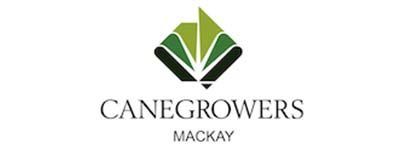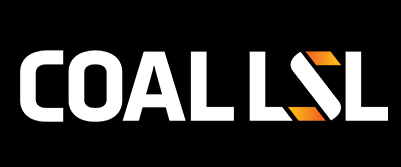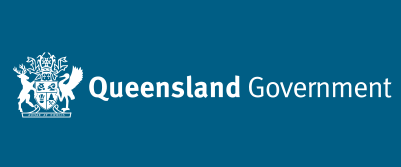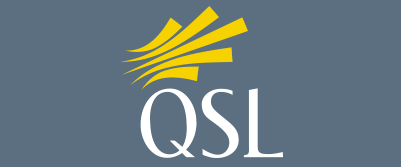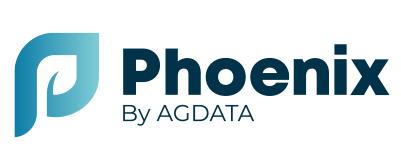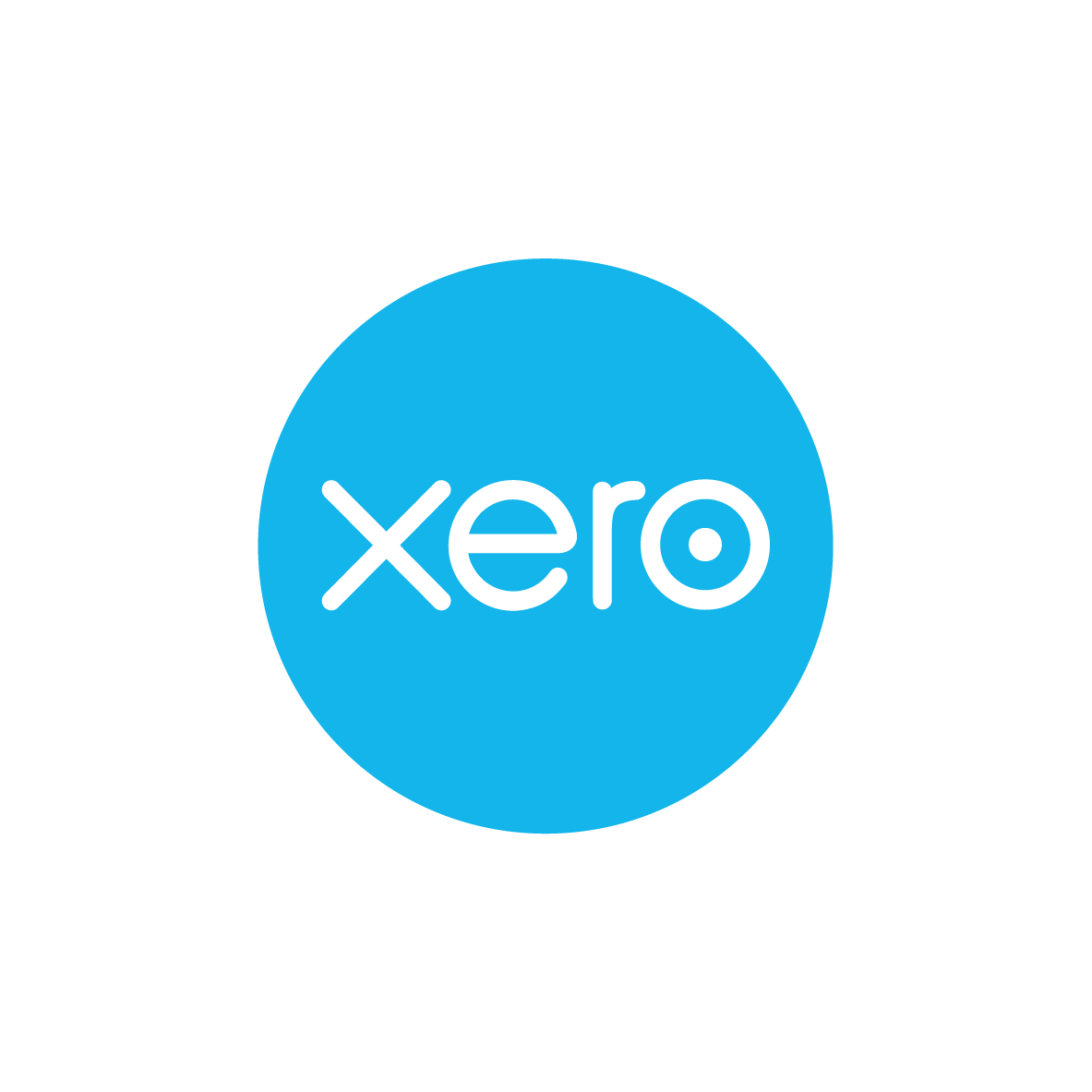8 Common Tax Deductions Small Businesses Overlook
Running a small business often means juggling many responsibilities. When managing staff, looking after customers, and handling day-to-day operations, tax time can feel overwhelming. It’s easy to overlook legitimate deductions, which may result in a higher taxable income than necessary. While every business is different, understanding some commonly missed deductions can be useful in preparing accurate records and making more informed decisions. With the right knowledge, business owners can feel more confident about what tax deductions they can claim and reduce the risk of missing valuable opportunities.
1. Home Office Expenses Many Miss
For many small business owners, the home doubles as a workspace. However, some overlook that part of their household costs may be deductible when the space is used primarily for business. Keeping accurate records is essential, as deductions are typically based on a proportion of expenses.
Common home office costs that may be relevant include:
- A share of electricity and gas used for heating and cooling
- Internet and phone services used for work purposes
- Depreciation on office furniture, computers, and other equipment
Accurate calculations depend on how much and for how long the home is used for business. Maintaining records such as utility bills and floor plans can help with these assessments.
2. Vehicle Use Beyond Fuel Costs
Cars and utilities are widely used in business, but many owners only consider fuel a deductible expense. In reality, there are a variety of costs associated with running a vehicle that may be eligible when used for business purposes.
Some of the costs that might be relevant include:
- Registration and insurance premiums
- Loan interest or lease payments
- Maintenance, servicing, and repairs
- Depreciation on the vehicle itself
Keeping a detailed logbook is one of the most reliable ways to track business-related travel. By recording kilometres, dates, and trip purposes, business owners can clearly understand how their vehicle is used.
3. Equipment & Asset Depreciation
Business tools and equipment are essential for daily operations, but many owners forget that these items depreciate and can be claimed over time. In some cases, small businesses may use simplified rules that allow the full cost of an asset to be claimed in the same year it was purchased.
Examples of assets that may qualify for depreciation include:
- Computers, laptops, and tablets
- Office furniture such as desks and chairs
- Machinery and specialised tools
Understanding which method of depreciation applies requires checking the latest
tax regulations, as rules can change from year to year. Working with accountants in Mackay can help provide clarity in this area.
4. Professional Services & Advice
Running a business often requires input from external specialists. Fees paid for services connected to business operations may qualify as tax-deductible. These services support compliance with regulations and can assist business owners in managing growth and risk.
Examples of deductible services may include:
- Accountancy and bookkeeping fees
- Legal advice related to contracts or disputes
- Consultancy services that relate directly to business activities
Since these costs are directly tied to keeping the business functioning, they can form an important part of annual claims.
5. Travel Costs for Business Purposes
Travel can be an important part of running a small business, whether attending industry events, meeting suppliers, or visiting clients. Many business owners claim transport costs but forget about additional expenses incurred during the trip.
Business-related travel costs may include:
- Airfares and transport between work sites
- Accommodation during business trips
- Meals while travelling overnight for work purposes
It’s important to clearly separate private and business-related travel. Only expenses directly related to business activities are considered relevant for deduction purposes.
6. Insurance Policies Related to Busines
Insurance is often considered a necessary safety net, but premiums linked to business activities may also provide a deduction. These payments can vary depending on the type of industry and level of coverage chosen.
Some business-related insurance policies that may be deductible include:
- Public liability insurance
- Business interruption insurance
- Income protection policies linked to business income
Reviewing insurance policies regularly is a practical way to identify which premiums relate directly to business operations.
7. Staff Training & Development
Employees play a significant role in business success, and investing in their development can be beneficial in more ways than one. Training and upskilling expenses may be deductible if the education is connected to existing business activities.
Examples of training-related expenses may include:
- Short courses and workshops
- Attendance at industry conferences
- Online training subscriptions
Documenting training expenses and linking them to business objectives helps demonstrate the connection between the cost and the business benefit.
8. Bad Debts Written Off
Most small business owners have experienced the frustration of unpaid invoices. If a debt is genuinely uncollectable, writing it off before the end of the financial year may provide a deduction. However, conditions must be met.
To write off a bad debt, business owners generally need to show that:
- Reasonable attempts were made to recover the money
- The debt was recorded as income in a prior period
- The debt has been formally written off in the accounts
Keeping detailed records of communications and collection attempts can support this process.
Why Record-Keeping Matters for Deductions
While understanding what deductions you can claim is important, accurate record-keeping is the foundation of all tax-related claims. Without documentation, deductions are unlikely to be accepted, even if they are valid.
Good record-keeping practices may include:
- Using cloud-based accounting software to track income and expenses
- Storing receipts and invoices digitally for easy access
- Reconciling accounts regularly to avoid end-of-year stress
- Keeping detailed logs for vehicles, home office usage, or travel
These practices help at tax time and give business owners a clearer picture of their financial health throughout the year.
Get Guidance on Tax Deductions Today
At
Whitson Dawson, we work closely with small business owners to help them identify deductions they may be eligible for while staying compliant with current legislation if you’d like to improve your record-keeping and gain a clearer understanding of what tax deductions you can claim,
get in touch with our accountants in Mackay today via our contact page or give us a call to book a consultation.



